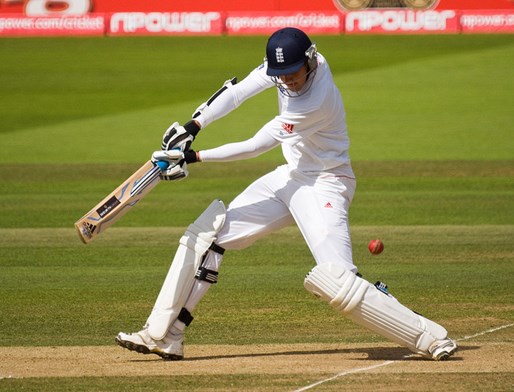Harsh criticism of governance reforms in cricket
The decision was taken by the ICC board at a meeting in Singapore and supported by 8 of the 10 so-called Full Members who are controlling the organisation. Only Sri Lanka and Pakistan abstained.
According to the decision, which also included a number of sporting related changes, the cricket boards of England/Wales, India and Australia will get a dominating position with three out of five seats in a new Executive Committee as well as in the council’s finance committee.
On top of that, the full members “will gain greater financial recognition based on the contribution they have made to the game, particularly in terms of finance, their ICC history and their on-field performances,” as ICC put it in its press release.
As the most important commercial driver in cricket, India is set to benefit the most although ICC is claiming that none of the Full Members will be worse off because of growing revenues to the game.
“A retrograde step”
But not everyone sees the reforms as a necessary step in the right direction.
ICC has a peculiar hierarchic structure with ten Full Members taking 10 out of 13 seats in ICC’s governing board leaving three seats to the 37 associated federations. A third tier, ‘Affiliate Members’, consists of 59 federations.
An independent governance review issued two years ago for the ICC under the wings of Lord Woolf, the former Lord Chief Justice of England and Wales, therefore criticised the ICC for acting as a members club rather than an international organisation that takes care of cricket’s global development.
The report’s recommendations were never followed by the ICC and with the latest changes, the ICC is now moving in the completely opposite direction, Lord Woolf concludes. In the English paper The Telegraph he labels the recent changes ‘a retrograde step’.
“To say a sport that has got aspirations to be a world-class sport internationally should not have an independent body at the top seems to me to be very surprising. It seems to be entirely motivated by money,” he says, criticising the intentions of giving the cricket playing countries with the least need for money even more.
“What it is going to cease to be is an independent body for playing cricket, and it is going to be what they would like to see: a members club – with a very small number of members. It is elevating three members – and the assumption is made that if you get large earnings from cricket, they are yours and not cricket’s, which is very false,” he argues.
Transparency warns against concentration of power
Similar criticism has been launched by other stakeholders including the Federation of International Cricketers' Associations (FICA), a number of the sport’s former leaders as well as Transparency International.
In a press release published just before the ICC board decision, nine TI chapters from cricket playing countries including England, India and Australia condemn the governance reform:
“The proposed changes create a concentration of power in the big three with no oversight or effective avenue for the other full, affiliate and associate members to hold them to account, reinforcing concerns that the creation of reserved places in the top tier is open to abuse rather than serving the best interest of the game. The funds that support the ICC are ultimately generated by cricket lovers all over the world. They are important stakeholders in the game, and should not be ignored,” the press release concludes.
Fear of India’s exit
Especially India’s commitment to the ICC has been reported as a main worry and a driver behind the changes.
“Sources say Australia is acting in a bid to keep India '’in the tent'’. They say there is a genuine threat that India, which through its broadcast deals generates at least 70 per cent of the game's revenue, could quit the ICC if the distribution model is not changed,” the Australian paper ‘The Age’ wrote, calling an expanded Indian Premier League one of the “nightmare scenarios”.
This view was supported by Mark Snedden, the ICC representative from New Zealand Cricket, one of the 8 Full Members that were in favour of the governance reforms.
"I think one of the problems the ICC has had in recent years was that India has been outside of the camp rather than inside it. Part of what's been happening at the moment has been a deliberate process, led by Australia and England to actually draw India back in to this," he defended the decision according to Associated Press.
The chairman of the Pakistan Cricket Board, Zaka Ashraf, had little luck in the political battle surrounding the decision. He was simply removed from his position by Pakistan’s Prime Minister, Nawaz Sharif, in the aftermath of the ICC meeting, as a reaction to the fact that Pakistan only abstained from voting.
Read the ICC press release
Read the article from “The Age”
Read The Telegraph’s interview with Lord Woolf
Read the press release from Transparency International
Read Play the Game’s article on the Woolf report from 2012






